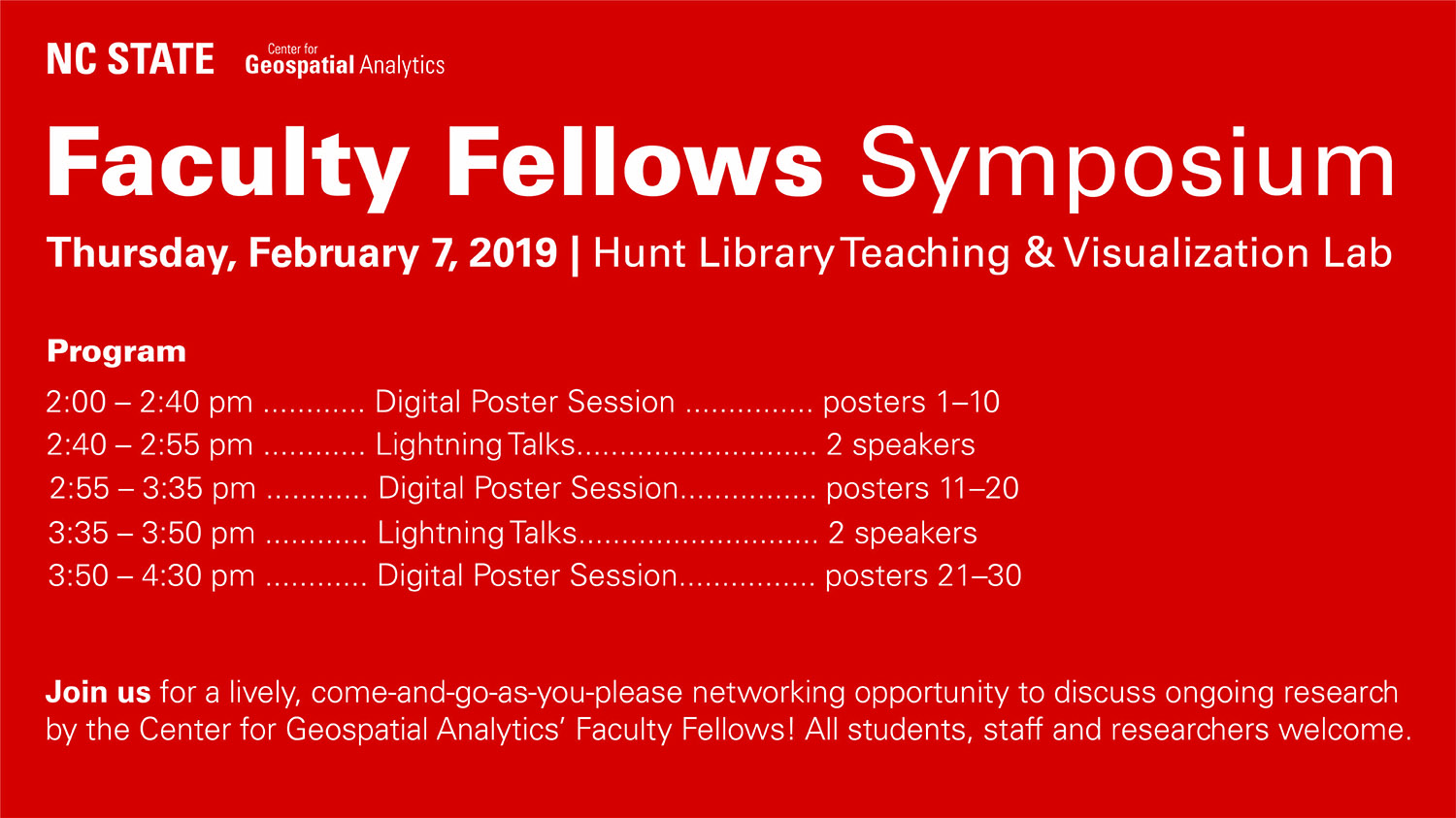Geospatial Forum with Dr. Michael Starek
Jordan Hall 5103 2800 Faucette Drive, Raleigh, NC, United StatesLocated in South Texas along the Gulf of Mexico coastline, the Conrad Blucher Institute for Surveying and Science at Texas A&M University (TAMU-CC) is actively integrating unmanned aircraft systems (UAS) to address regional problems. This forum presentation will provide an overview of such activities, including coastal and maritime reconnaissance, crop and rangeland scouting, and research…
